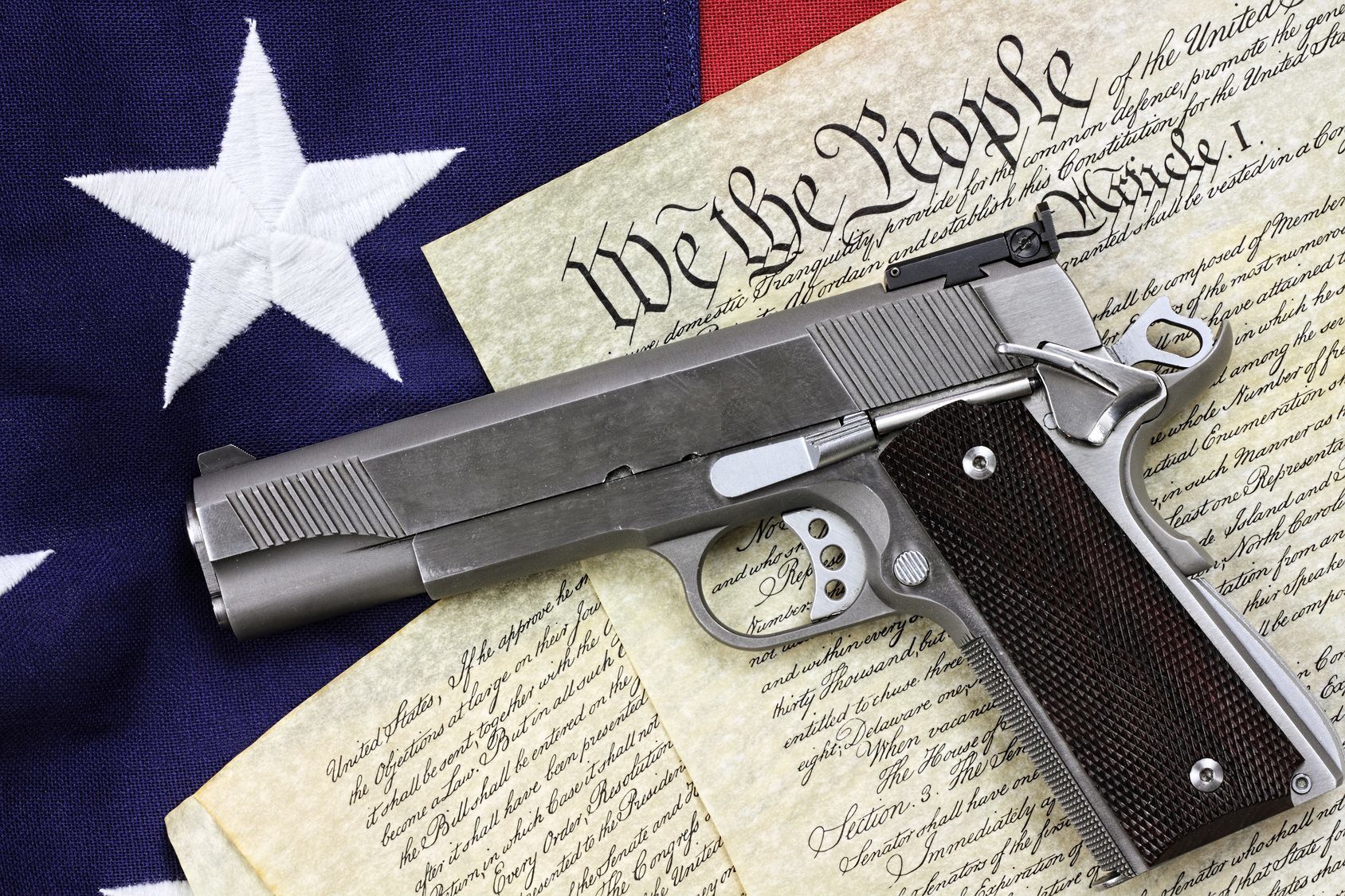GUN CONTROL MYTHS & FACTS
COUNTERING THE BIASED MEDIA NARRATIVE ON GUNS
Much of the media, general public and even our public schools are agenda driven when it comes to the gun debate. There is a tendency to put emotion and agenda before facts. There is also a strong record of lies and severely twisted facts when it comes to the gun debate. Here are some sources that hope to set some of those arguments straight. There are many good sources on the internet about this, and probably better and more up to date than ours.
For example, The Truth About Guns has an excellent page here: https://www.thetruthaboutguns.com/gun-facts/ This page merely augments that one, and many other similar pages that are readily available.
Please do your own research and draw your own conclusions.
DEFENSIVE GUN USE IN THE UNITED STATES
Can the average citizen be relied upon to defend him or herself successfully from a violent threat? Many among the media and political class would say no. But the facts paint another story entirely. (Side note: If you think the Founding Fathers never could have predicted modern arms, check out this article.)
First, we need to point out that the police and other government personnel have no duty to protect you. They have a general duty to enforce the law, but are not responsible for your safety. YOU are the only one responsible for your own safety, just like almost everyone else on the planet. See the Warren v District of Columbia or this article for further explanation.
Unless you are wealthy and can afford armed bodyguards like anti-gun activists Mike Bloomberg and Alyssa Milano, you are on your own when it comes to your own defense.
Here are some sources that powerfully demonstrate that Americans are overwhelmingly capable of protecting themselves with firearms.
- A CDC Study Finds That Guns Are Likely Used MILLIONS Of Times Per Year For Self-Defense
- An FBI Study Finds That Good Guys With Guns Stop Active Shooters With a 94% Success Rate (Original FBI Source here.)
- Here Are Hundreds Of Documented Cases of Defensive Gun Use As Reported From Mainstream Media Sources.
MASS SHOOTINGS
- Mass Shooting Survivor Suzanna Hupp testimony to Congress (MUST WATCH)
- Less Than 200 Mass Shootings Since 1966--NOT Hundreds Like The Media Claims
- The US Does NOT Lead The World In Mass Shootings
- No Evidence of "Epidemic" of Mass Shootings In the US
(Per Federation of American Scientists: "At the national level, violent crime and homicide rates increased from 2014 to 2015 and again from 2015 to 2016, but both rates remain near historical lows.") - Schools Are Safer Now Than They Were in The 90s
- Media Is A Major Contributing Factor in School Shootings
- Examples of Mass Killings Without Guns (Guns Don't Kill--People Do. And bad people kill just fine without guns.)
- https://en.m.wikipedia.org/wiki/2016_Nice_truck_attack
- https://en.m.wikipedia.org/wiki/Sagamihara_stabbings
- https://en.m.wikipedia.org/wiki/Osaka_school_massacre
- https://www.google.com/amp/s/www.bbc...-asia-48428695
- https://en.m.wikipedia.org/wiki/Akihabara_massacre
- https://www.google.com/amp/s/amp.scm...-attack-blamed
- https://www.cbsnews.com/news/china-s...leaves-9-dead/
BUFFOONERY & IGNORANCE OF GUN CONTROL ADVOCATES
- Former POTUS Obama Claims It’s “easier for teenager to buy a Glock than get his hands on a computer or even a book.”
- Kevin DeLeon and "Ghost Guns"
- Bloomberg’s Dishonest Superbowl 2020 Commercial
- Former Presidential Candidate John Kerry Says Biden will do something about “AR-16s and Long Clips”
- Lawmaker That Thinks Magazines Are Disposable, One-Time-Use Devices
- A Barrel Shroud is a “Shoulder Thing That Goes Up”
- Presidential Candidate Michael Bloomberg Doesn’t Understand “Assault Weapons”, Guns, Self Defense Or The Constitution
MEANING OF THE TERM "WELL REGULATED IN THE 2nd AMENDMENT
Naomi Wolf, former anti-gun liberal, former political advisor to President Bill Clinton, wrote clearly on the meaning of this phrase. She has a degree in English Literature from Yale, so she is qualified to properly interpret language from this era.
More importantly, a SCOTUS ruling from 2008 explains this very thing. (DISTRICT OF COLUMBIA ET AL. v. HELLER) is a Second Amendment case that deals with this. Below is a relevant quote from that ruling that clearly defines the meaning of “well regulated”.
"The Second Amendment is naturally divided into two parts: its prefatory clause and its operative clause. The former does not limit the latter grammatically, but rather announces a purpose. The Amendment could be rephrased, “Because a well regulated Militia is necessary to the security of a free State, the right of the people to keep and bear Arms shall not be infringed.” See J. Tiffany, A Treatise on Government and Constitutional Law §585, p. 394 (1867); Brief for Professors of Linguistics and English as Amici Curiae 3 (hereinafter Linguists’ Brief). Although this structure of the Second Amendment is unique in our Constitution, other legal documents of the founding era, particularly individual-rights provisions of state constitutions, commonly included a prefatory statement of purpose. See generally Volokh, The Commonplace Second Amendment, 73 N. Y. U. L. Rev. 793, 814–821 (1998).
Logic demands that there be a link between the stated purpose and the command. The Second Amendment would be nonsensical if it read, “A well regulated Militia, being necessary to the security of a free State, the right of the people to petition for redress of grievances shall not be infringed.” That requirement of logical connection may cause a prefatory clause to resolve an ambiguity in the operative clause (“The separation of church and state being an important objective, the teachings of canons shall have no place in our jurisprudence.” The preface makes clear that the operative clause refers not to canons of interpretation but to clergymen.) But apart from that clarifying function, a prefatory clause does not limit or expand the scope of the operative clause. "

